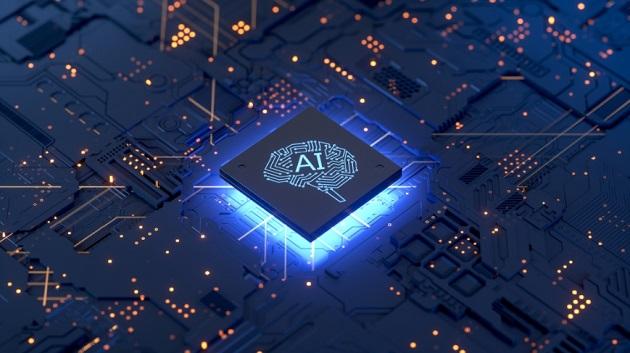Understanding Embedded AI: The Future of Intelligent Devices
Embedded AI refers to the integration of artificial intelligence capabilities directly into hardware devices and systems. Unlike traditional AI, which often depends on cloud computing, embedded AI operates locally on the device itself. This allows for real-time decision-making, increased speed, and enhanced privacy since data doesn’t need to be transmitted externally. Commonly found in smartphones, IoT devices, autonomous vehicles, and industrial machinery, embedded AI optimizes performance and functionality. It is designed to be efficient, lightweight, and capable of functioning independently without constant cloud connectivity. As technology advances, embedded AI is becoming more sophisticated, enabling smarter devices that can adapt and learn from their environment. This innovation is revolutionizing industries by enabling smarter, faster, and more secure applications directly on devices.
Advantages of Embedded AI
Embedded AI offers numerous advantages that are transforming modern technology landscapes. Firstly, it provides real-time processing, which is crucial for applications like autonomous vehicles, drones, and industrial automation where immediate responses are necessary. Secondly, it enhances privacy and security because sensitive data remains on the device, reducing vulnerabilities associated with data transmission. Additionally, embedded AI reduces dependency on internet connectivity, making devices more reliable even in remote or disconnected settings. Power efficiency is another benefit, as embedded AI is optimized for minimal energy consumption, extending device battery life. Lastly, it enables smarter device functionalities, such as voice recognition, object detection, and predictive maintenance, broadening the scope of applications across various industries.
Applications of Embedded AI
Embedded AI is rapidly permeating diverse sectors with innovative applications. In consumer electronics, smartphones utilize embedded AI for facial recognition, voice assistants, and camera enhancements. In healthcare, embedded AI-powered devices facilitate remote patient monitoring and diagnostic tools, improving care accessibility. Automotive industry benefits from embedded AI in autonomous driving systems, collision avoidance, and driver assistance features. Industrial automation leverages embedded AI for predictive maintenance, quality control, and process optimization. Smart home devices such as thermostats, security cameras, and lighting systems use embedded AI for automation and personalization. These applications demonstrate how embedded AI enhances efficiency, safety, and user experience across multiple domains, shaping a future where intelligent devices seamlessly integrate into everyday life.
Challenges and Future of Embedded AI
Despite its promising potential, embedded AI faces several challenges that need addressing. Developing lightweight yet powerful AI models that operate efficiently on limited hardware remains complex. Ensuring security and preventing malicious attacks on embedded systems is critical, especially as they become more interconnected. Additionally, the design and manufacturing costs can be high, impacting widespread adoption. Future advancements aim to overcome these hurdles by creating more energy-efficient chips, improving AI algorithms for constrained devices, and establishing robust security protocols. As research progresses, embedded AI is expected to become more autonomous, context-aware, and capable of continuous learning. Its integration into everyday objects promises smarter environments, personalized experiences, and increased productivity, shaping a future where AI-powered devices are ubiquitous and indispensable.



